Six educational posters describing types of Terrestrial Ecosystems.
Desert –
Plant life: very little vegetation can grow in the desert. Cactus, succulents, bush and cholla are common.
Climate: dry, hot and sunny all year round. 40ºC common during the day, can get to 0ºC or colder during the night.
Annual rainfall: less than 250 mm.
Locations: Northern Africa,Eastern Europe, Australia and Mexico.
Tropical Rainforest –
Plant life: Two-thirds of all flowering plants can be found in a rainforest. The floor is covered in nutrient rich leaf litter and the soil is very acidic.
Climate: humid, warm and wet, with an above average temperature of 18ºC.
Annual rainfall: more than 2000 mm.
Locations: Asia, Australia, Africa, South America, Central America, Mexico.
Temperate Grassland –
Plant life: mostly grasses, sedge, rush and some woody plants, shrubs and trees.
Climate: 20ºC summer average, -5ºC winter average, but there are some grasslands that can get as cold as -20°C.
Annual rainfall: 600–1,500 mm.
Locations: All continents except Antarctica.
Deciduous Forest –
Plant life: trees and plants that lose their leaves each year such as oak, maple, beech and elm.
Climate: warm, moist summers with 23ºC average and mild winters averaging -1ºC .
Annual rainfall: 762–1,524 mm.
Locations: North America, East Asia and Europe.
Tundra –
Plant life: permanently frozen soil, moss, heath and lichen. No trees can grow in the permafrost.
Climate: cold winter with average -28ºC and very windy summers with average 12ºC .
Annual rainfall: 152–254 mm as rain, fog and melted snow.
Locations: Russia, Canada, USA and Antarctica.
Coniferous Forest –
Plant life: pine trees, spruces, larches, birches and evergreens.
Climate: very large temperature range between seasons, with long cold winters averaging -20ºC and summer averaging 18ºC.
Annual rainfall: 200–750 mm as rain, fog and snow.
Locations: Russia, Canada, Sweden, Finland, Norway, Japan and USA.
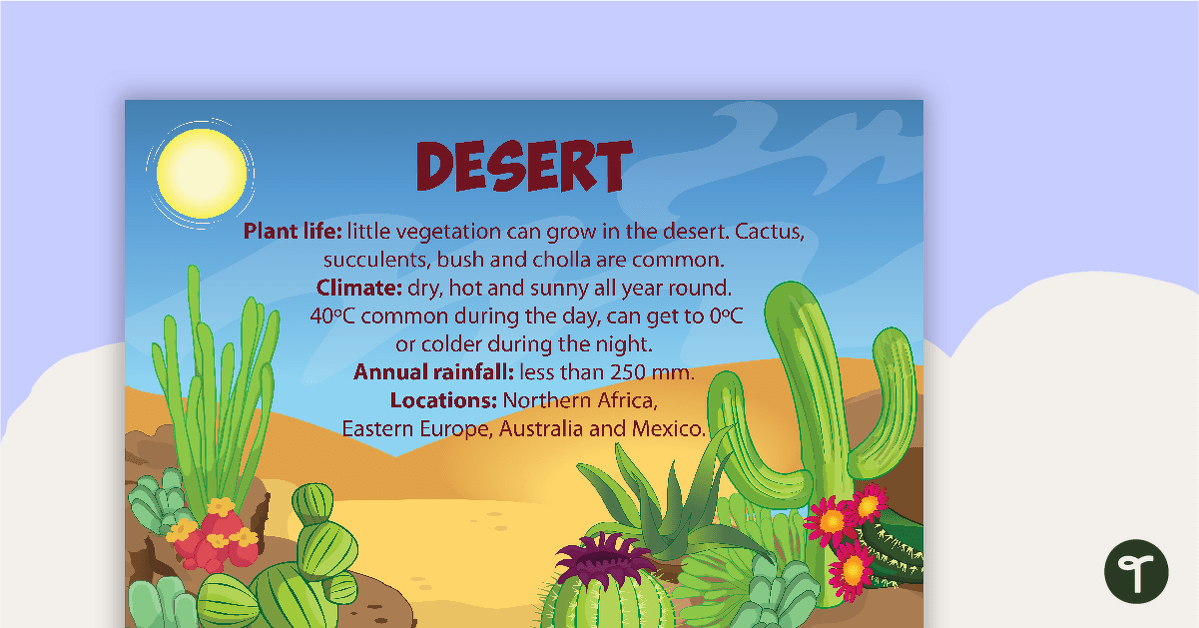

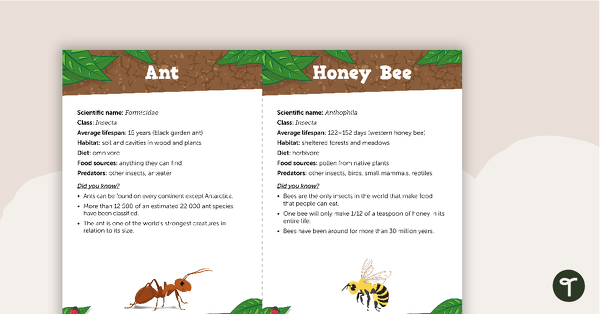

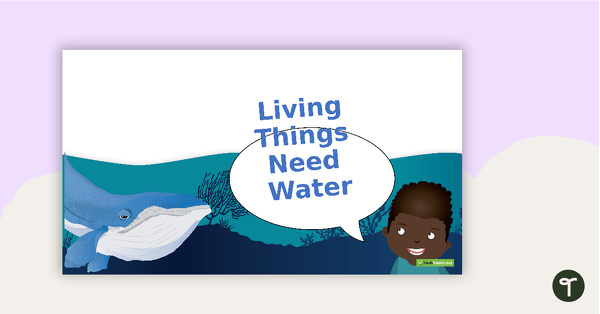
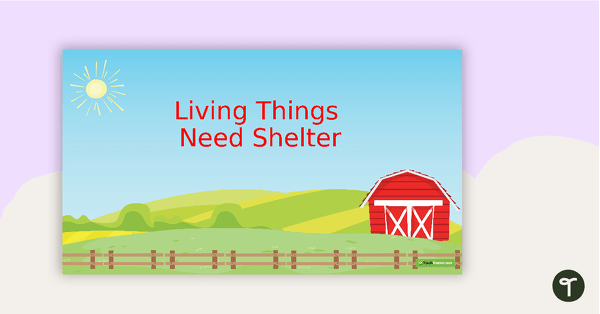
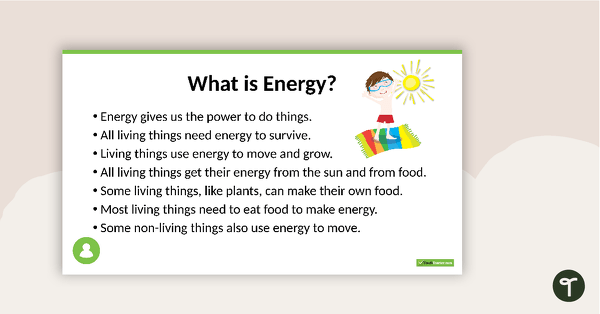
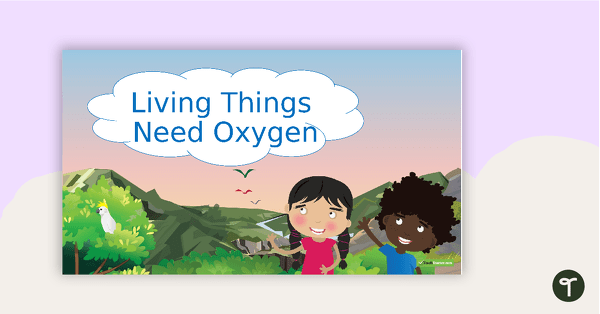
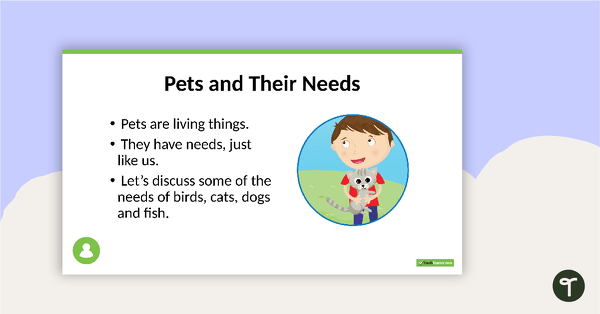
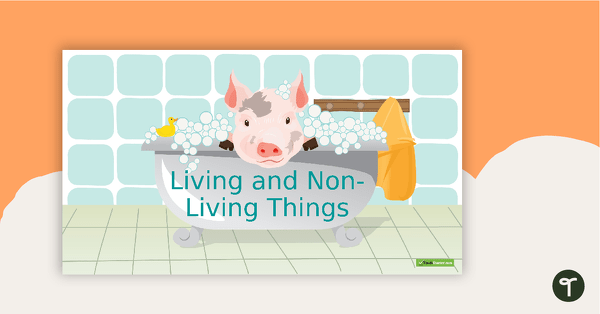
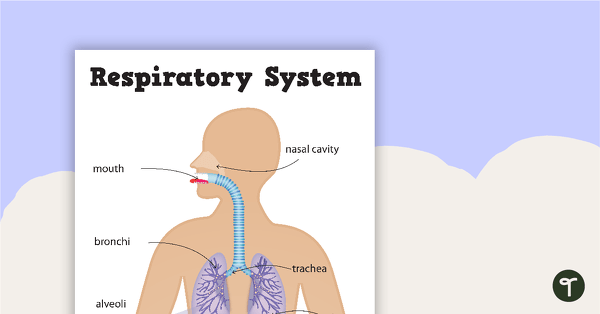
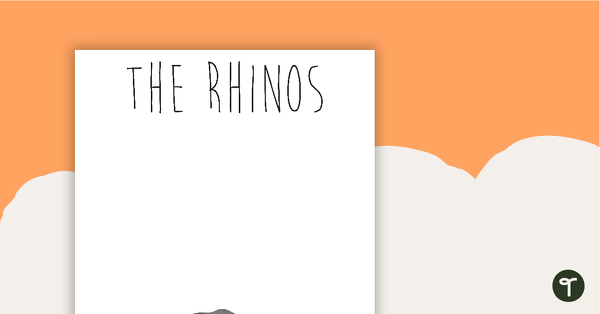
0 Comments
Write a review to help other teachers and parents like yourself. If you'd like to request a change to this resource, or report an error, select the corresponding tab above.